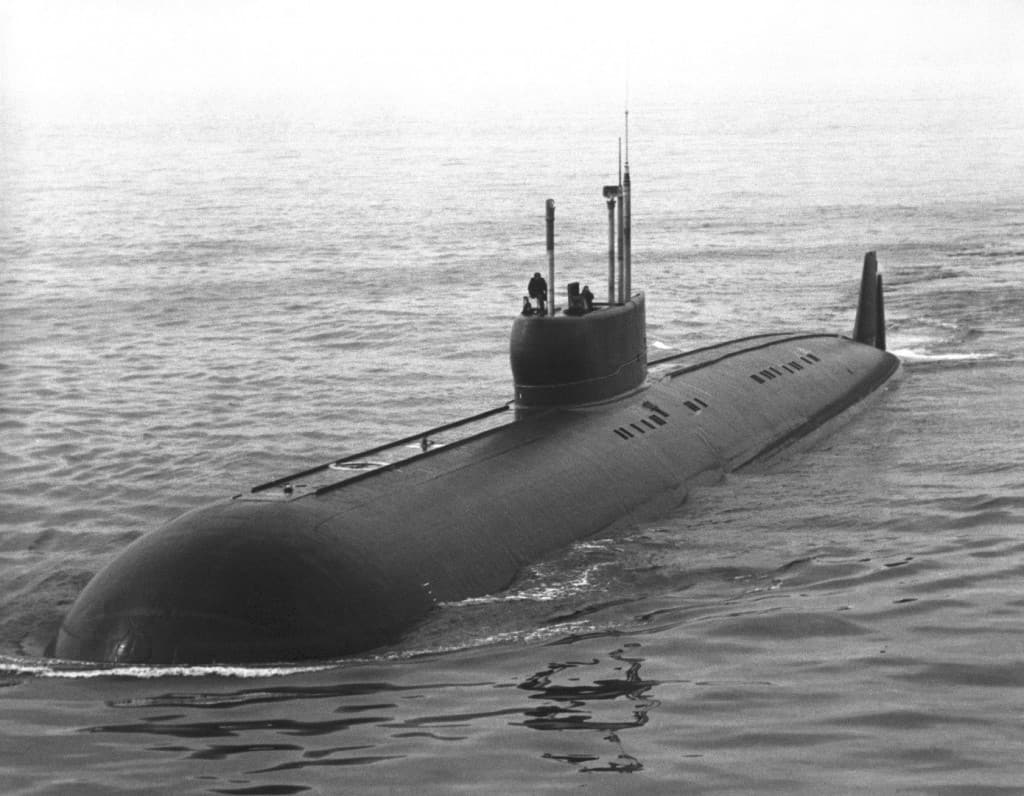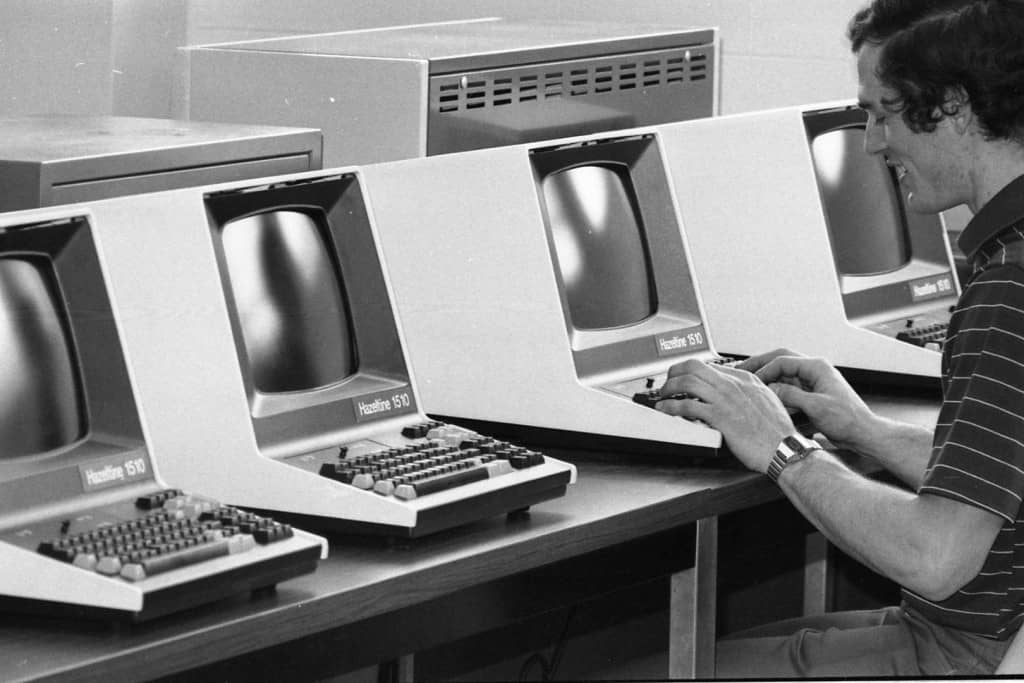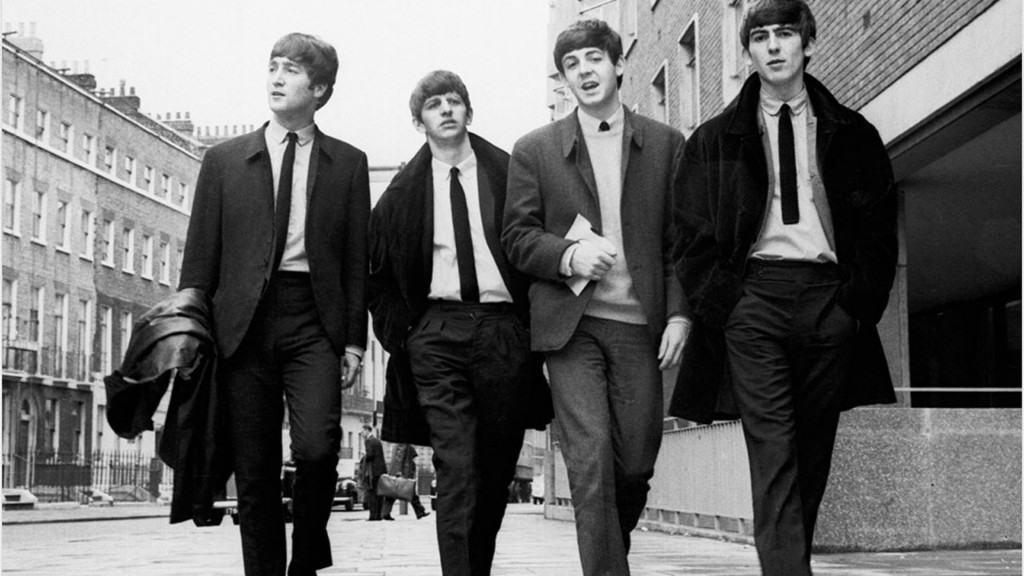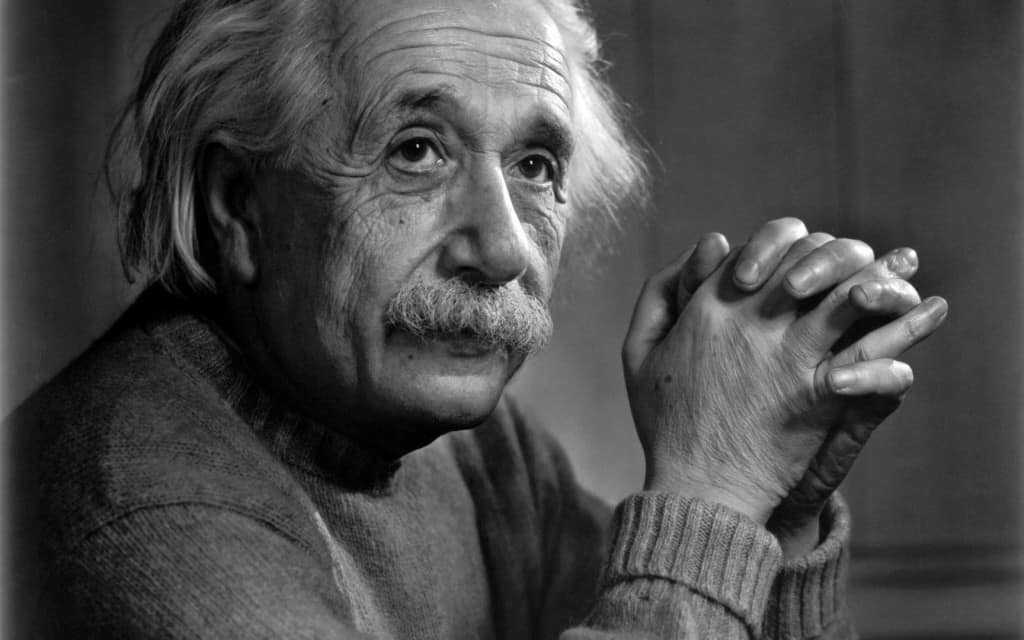20 Expert Predictions That Were Completely Wrong
Automotive, Celebrity, Entertainment, Funny, History, Inspirational, Lists, Other, Science, Shocking, Technology, Travel, WeirdWe have all been there. You think that one thing will happen, and something completely different happens instead. Everyone makes the wrong call at some point. It happens to the best of us and, sadly, will continue to happen, no matter how smart we think we are. Even experts in every field you can possibly imagine have said things that turned out to be completely false, much to the amusement of the public and the experts’ competitors. Here are twenty predictions that were made by experts, but that turned out to be hopelessly inaccurate.
The New York Times

“A rocket will never be able to leave Earth’s atmosphere.” The New York Times published that sentence in 1936, and just three decades later, they were kicking themselves. To be fair, at the time, plenty of people thought the race to space was a hoax. These days, NASA is one of the most respected and recognizable government funded organizations in the world.
Erasmus Wilson

Anybody named “Erasmus” has got to be nerdy enough to know better than to say what Oxford Professor Erasmus Wilson said about electricity. In 1878, Wilson said “When the Paris Exhibition closes, electric light will close with it and no more will be heard of it.”
Variety

As Rock and Roll music was just beginning to appear on the scene, plenty of record labels and music review publications had their own opinions on the subject. Variety Magazine, though, had the most embarrassing quote, stating “it’ll be gone by June”. This was the Spring of 1955.
Sir William Preece

The Chief Engineer of the British Post Office was understandably disdainful of an invention that could put his precious courier service out of business. “The Americans have need of the telephone, but we do not. We have plenty of messenger boys.” A lot has changed in the UK since 1878.
IBM

How many photocopiers have you seen in your life? Probably more than IBM thought anyone would see. In 1959, IBM told Xerox that “the world potential market for copying machines is 5,000 at most.” They just didn’t think the demand for such a thing was high enough.
HG Wells

The man who wrote such imaginative and scientific wonders of fiction like “The Invisible Man”, “The Time Machine”, and “The Island of Dr. Moreau” just could not wrap his mind around submarines. In 1901, Wells stated “I must confess that my imagination refuses to see any sort of submarine doing anything but suffocating its crew and floundering at sea.”
Napoleon Bonaparte

In the 1800s, a steamboat must have seemed like a strange concept, but French conqueror Napoleon Bonaparte went a step further, saying “How, sir, would you make a ship sail against the wind and currents by lighting a bonfire under her deck? I pray you, excuse me, I have not the time to listen to such nonsense.”
Boeing

The 247 airplane is a twin engine plane that holds about ten people. After the first flight of the first 247 was successfully completed, a Boeing engineer reportedly said “There will never be a bigger plane built.”
Hiram Maxim

Machine guns, as controversial as they may be nowadays, was even more prone to debate when it was first invented in 1893. Machine gun inventor Hiram Maxim was asked if the weapon would make war more terrible. His response was “No, it will make war impossible.”
National Cancer Institute

“If excessive smoking actually plays a role in the production of lung cancer, it seems to be a minor one.” W.C. Heuper, of the National Cancer Institute, proclaimed in 1954 that smoking was not a significant cancer causing activity. It didn’t take him long to eat his words.
Ken Olson

“There is no reason for any individual to have a computer in his home.” The President, Chairman, and Founder of Digital Equipment Corporation, Ken Olson, told the World Future Society in Boston in 1977 that he did not believe computers were meant for personal use at home. Apple and Microsoft are, of course, laughing all the way to the bank.
Darryl Zanuck

Darryl Zanuck, a film producer for 20th Century Fox, was not easily swayed by the rise in demand for syndicated TV shows. In 1946, he said, “Television won’t last because people will soon get tired of staring at a plywood box every night.” If only he could see how obsessively people fill up their Netflix queues.
Michigan Savings Bank

In 1903, while advising Henry Ford’s lawyer, a banker with Michigan Savings suggested that Ford Motor Company would be a bad investment, saying “The horse is here to stay, but the automobile is only a novelty – a fad.”
Henry Morton

When Thomas Edison first began to present his discoveries and experiments with the lightbulb in 1880, the president of the Stevens Institute of Technology Henry Morton said, “Everyone acquainted with the subject will recognize it as a conspicuous failure.”
Lord Kelvin

Lord Kelvin (yes, the guy for whom the Kelvin measurement was named) was, by all accounts, an educated man in 1883 when he was President of the Royal Society. He was dead wrong about one thing, though. He said, “X-rays will prove to be a hoax.”
Thomas Watson

“I think there is a world market for maybe five computers,” said Thomas Watson in 1943. He was the chairman of IBM. No words. We have no words for this one.
United Artists

When Ronald Reagan was working as an actor in Hollywood, he was up for a role in which he would play the president in a film titled “The Best Man”, but was rejected for the role, because, according to United Artists, “Reagan doesn’t have that presidential look.”
Western Union

Once a highly respected and often used form of communication, the Western Union telegram system had some harsh words for the telephone. In an internal memo, the company stated “This ‘telephone’ has too many shortcomings to be seriously considered as a means of communication. The device is inherently of no value to us.”
Decca Record Company

Passing up on one of the biggest and most popular potential clients in music history, Decca Record Company refused to sign the Beatles for a label deal because “We don’t like their sound, and guitar music is on the way out.” OUCH.
Albert Einstein

“There is not the slightest indication that nuclear energy will ever be obtainable. It would mean that the atom would have to be shattered at will,” Einstein said in 1932. It sounds like good old Albert would be shattered to learn exactly how many modern-day power plants there are in the world.



